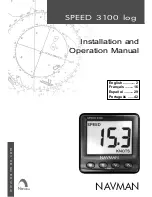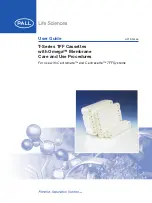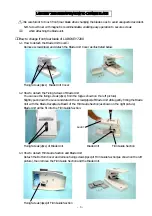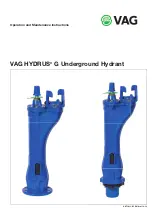
GE M
EDICAL
S
YSTEMS
- K
RETZTECHNIK
U
LTRASOUND
D
IRECTION
105844, R
EVISION
1
V
OLUSON
® 730 S
ERVICE
M
ANUAL
5-16
Section 5-2 - General Information
VOCAL™ offers different functions:
Volume Calculation
-
Manual tracing of contours in three dimensions
3D Color Histogram
-
Automatic calculation of the vascularization
Shell
Imaging
- construction of a virtual shell which covers the entire contour to separately calculate
internal tumor vascularization and peripheral vascularization for tumor therapy planning and follow up
control.
5-2-5-5
Tissue Harmonic Imaging (THI)
In Tissue Harmonic Imaging, acoustic aberrations due to tissue are minimized by receiving and
processing the second harmonic signal that is generated within the insonified tissue. Voluson`s high
performance THI provides superb detail resolution and penetration, outstanding contrast resolution,
excellent acoustic clutter rejection and an easy to operate user interface for switching into THI mode.
5-2-5-6
Sonoview – Image Management
Sonoview, optional software for digital image management on ultrasound system, stores and transfers
ultrasound images and Kretz volume files (V730). Sonoview allows users to store, view, report, and
transfer images and volumes stored on the Voluson® 730. In addition, Sonoview allows users to send
and print images via DICOM network also.
Sonoview enables storage and retrieval of 2D Images and Cine Loops as well as 3D/RT4D volumes
and Live3D and RT4D sequences on HD-Drive, MO-Drive and CD-Drive.
5-2-5-7
CRI - Compound Resolution Imaging
In this special B-mode, beams are transmitted not only perpendicularly to the acoustic window, but also
in oblique directions. Between three and nine beams are correlated to form one image line.
The advantages of Compound Resolution Imaging are enhanced contrast resolution with better tissue
differentiation and clear organ borders. Also vessel walls and tissue layers are emphasized for easier
recognition.
5-2-5-8
Tissue Doppler Imaging
The Tissue Color Doppler Imaging is used for color encoded evaluation of heart movements.
The TD image provides information about tissue motion direction and velocity.
5-2-5-9
VCI - Volume Contrast Imaging
Volume Contrast Imaging utilizes 4D transducers to automatically scan multiple adjacent slices and
delivers a real-time display of the ROI.
This image results from a special rendering mode consisting of texture and transparency information.
VCI improves the contrast resolution and therefore facilitates finding of diffuse lesions in organs.
VCI has more information (from multiple slices) and is of advantage in gaining contrast due to improved
signal/noise ratio.
















































